Allison Williams reflects on six seasons of Girls, and her breakout role in Get Out as ‘the whitest girl imaginable’
After playing insufferable millennial Marnie Michaels on Girls, Williams is stepping things up by playing another completely unlikeable character in Jordan Peele’s modern horror movie Get Out
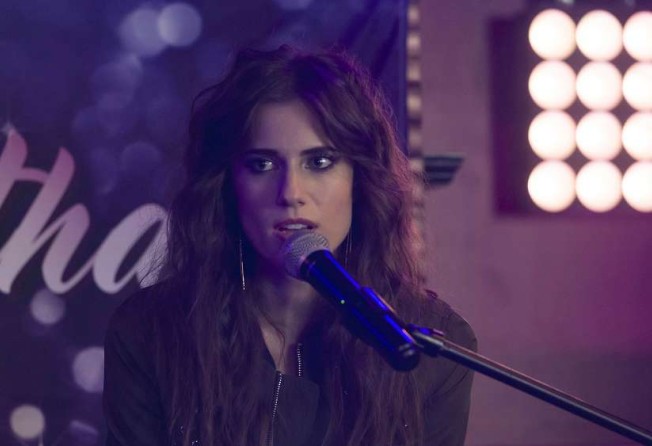
Allison Williams is having a breakout year.
She’s best known as Marnie Michaels on Girls, which aired its penultimate episode Sunday night and will end its six-season run on April 16. But thanks to a brilliant (and somewhat unexpected) turn in Jordan Peele’s record-breaking horror film Get Out, Williams is no longer synonymous with the self-absorbed millennial she plays on Lena Dunham’s HBO dramedy.
Marnie is quite different from Rose, the pivotal character Williams plays in Peele’s directorial debut, but there are a few striking similarities between the two. If you think about it, Williams is kind of the best at playing the worst.
This is a really big year for you. Have you even had time to think about what’s next?
I need a beat to kind of sit back and look at everything and think about what my next move is going to be. But there are certain constants that I hope will hope will always exist – projects [like] Girls and Get Out are the kinds of projects that I want to be doing in the future, pretty much to the exclusion of anything else.
With Girls and Get Out, I’ve been lucky enough to work with two first-time, basically, writer-directors who had this very clear vision of the tone and landscape and subject matter. Both projects are so a product of their time. I like working with beginners because I feel like everyone works best when they feel they have something to prove and something to lose.
Get Out is your first movie role. You’ve said that you knew immediately that you wanted to do the film.
I read [the script] in one sitting. It was the power of the script, coupled with the power of Jordan’s voice and, once we spoke, his intellect and his engagement and investment in the subject matter. And also I felt like I kind of had a job to do. I felt like he was looking to cast me as a representative of [someone] who is perhaps the whitest girl imaginable, and I was very happy to make sure that I deployed all of that whiteness that I’ve had my whole life to this character to make sure that she was full around the edges with everything that she needed to be – white privilege and all of the issues that are dealt with in this movie.
The fact of a white girl arguing with a police officer, feeling that entitlement without thinking that it might be dangerous to whoever she’s with or that that’s an unthinkable activity for a lot of our population – all of those little moments. I wanted to make sure that [the audience] had all the little notes that I’d want them to have watching the movie.
What’s it like playing such an evil character?
I listened to true crime podcasts to desensitise myself to the idea, to remove my shock – my very privileged Connecticut shock – that someone could be like this. And start looking at her kind of matter-of-factly so that I could get in her mind a little bit easier without judging her. It is very hard not to judge her.
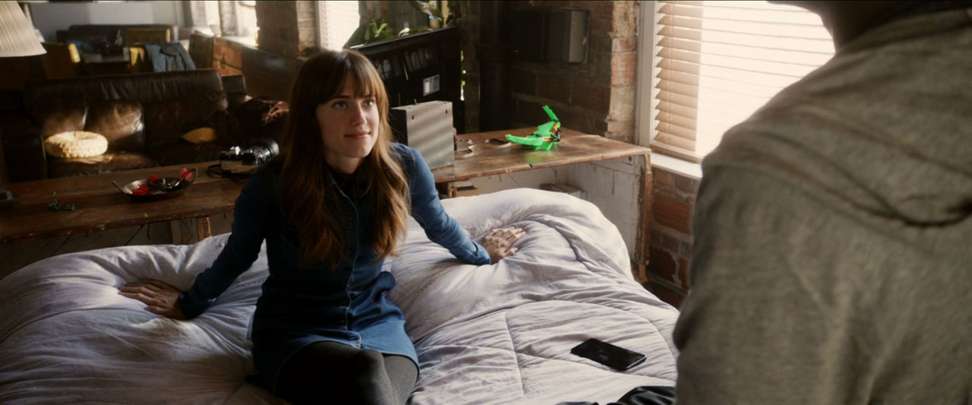
On Girls , Marnie has come to represent a very specific type of insufferable, privileged millennial. Do you think that’s fair?
I feel very close to her and yet I try to look at her from a place of remove because I think that’s helpful in engaging with the show after the fact. But while I’m playing her I have to be fully in her corner. Of course, Marnie is insufferable to almost anyone who watches her. And I think part of it is that she serves as a kind of funhouse mirror reflection of our culture, and a certain subset of our culture, that people don’t want to lump themselves in with.
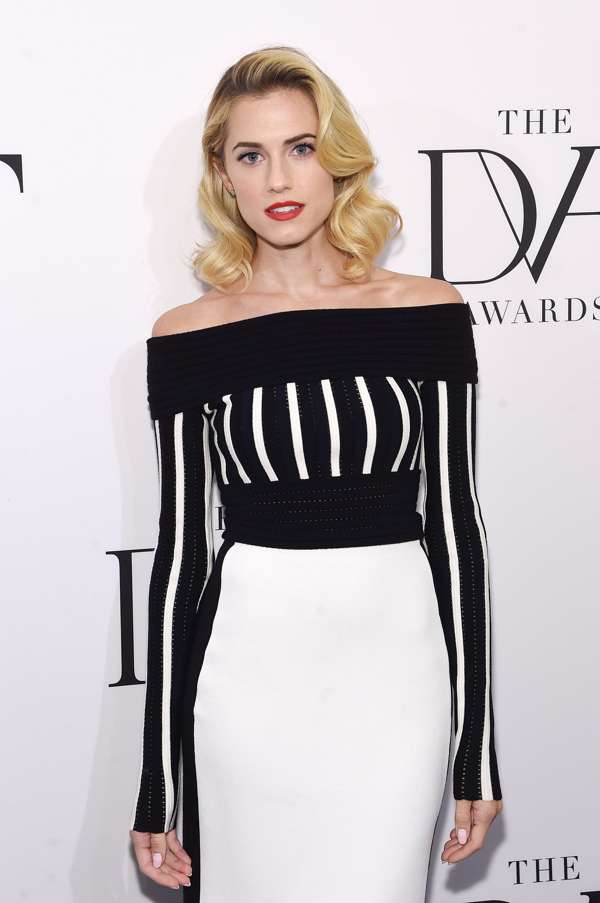
How do you find compassion for her?
It has been hard to play someone that I don’t agree with a lot of the time. I like that challenge and I predict that will be the majority of the characters I play because I don’t find it super interesting to play someone that I totally get and is morally upstanding all of the time. I’m not sure those people exist in real life. People err – it’s a fact of the human condition – so when you have someone like Marnie who seems to do it more than most, who seems to do it the way that is quintessentially millennial, it can be really grating and I definitely am sympathetic to that, even though I feel a kind of kinship with her by virtue of having played her all these years.
I think when people judge her freely in my presence it’s like this weird feeling where I know that it’s a function of having played her convincingly, but I also know that there is some reason it hurts. And I think there’s a reason beyond the fact that I’ve been playing her so long. I think that it also has to do with how much she represents our generation - people I know.
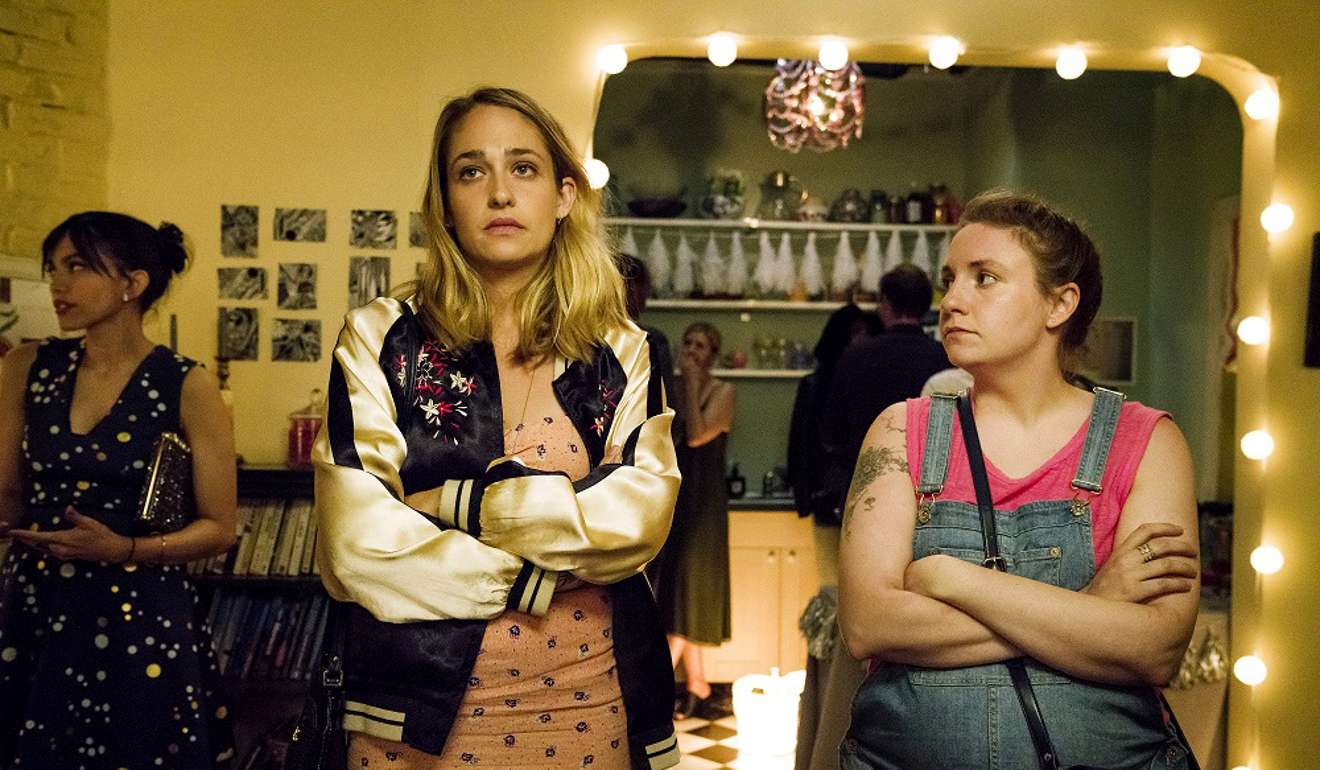
How aware were you of the criticism around the show? And did it ever affect how you approached your role?
One of the most frequent criticisms we get is that none of our characters are likeable, and that one never bothered me because our goal wasn’t ever to make the characters likeable.
I never let that discourage me. If anything, it made me lean into it harder because we’re making a point. No one’s saying Marnie Michaels should be the head of Save the Children. She’s a very specific kind of girl, who spends her life listening to Deepak Chopra, but taking nothing from what she hears. With the criticism that they’re privileged, I thought well, yes, that’s exactly the point we’re making – and let’s make it harder so that becomes obvious, rather than this idea that we accidentally made people who were unsympathetic.
Do you have any special plans for watching the Girls finale?
It would be fun to watch with the four of us [Dunham and co-stars Zosia Mamet and Jemima Kirke]. Although we’re so bad at making plans, that would be virtually impossible. We will definitely be in touch. I have [the finale], I just haven’t watched it yet. I’m too reluctant to watch the last 30 minutes of our show.
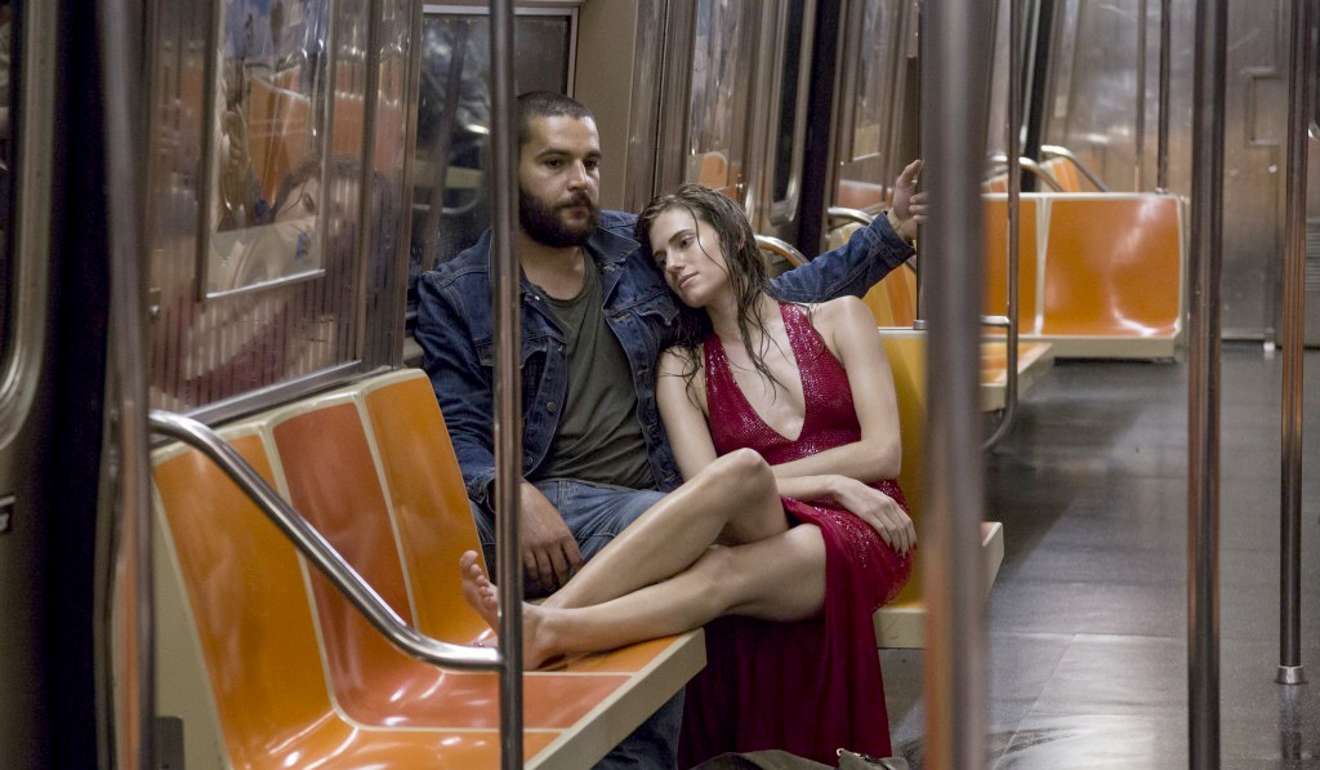
Last season, Marnie had her own episode, the critically acclaimed Panic in Central Park . Do you feel like that marked a turning point for you or the character?
I keep this journal where I track a day over the course of five years. [Recently] I was filling in my entry for March 27, 2017, and I looked above it and it said, “My Girls episode aired and it’s one of the proudest nights of my life.” I was so proud of the episode itself, and I just was so grateful that they gave me that opportunity. I hear about it all the time from people I run into that they loved that episode. I’ve heard from a couple people that it helped them see their relationship clearly and I hope that turned out OK [laughs].
I do think that it marked kind of a turning point in being able to see things from Marnie’s perspective. I’m sure at the beginning some people were like, “Oh God, is this going to be Marnie the entire episode?” Hopefully by the end, though, they – like Marnie – were swept up in the adventure of it and were able to see her more clearly through all of the things that make us crazy about her.
Get Out opens in Hong Kong on May 18